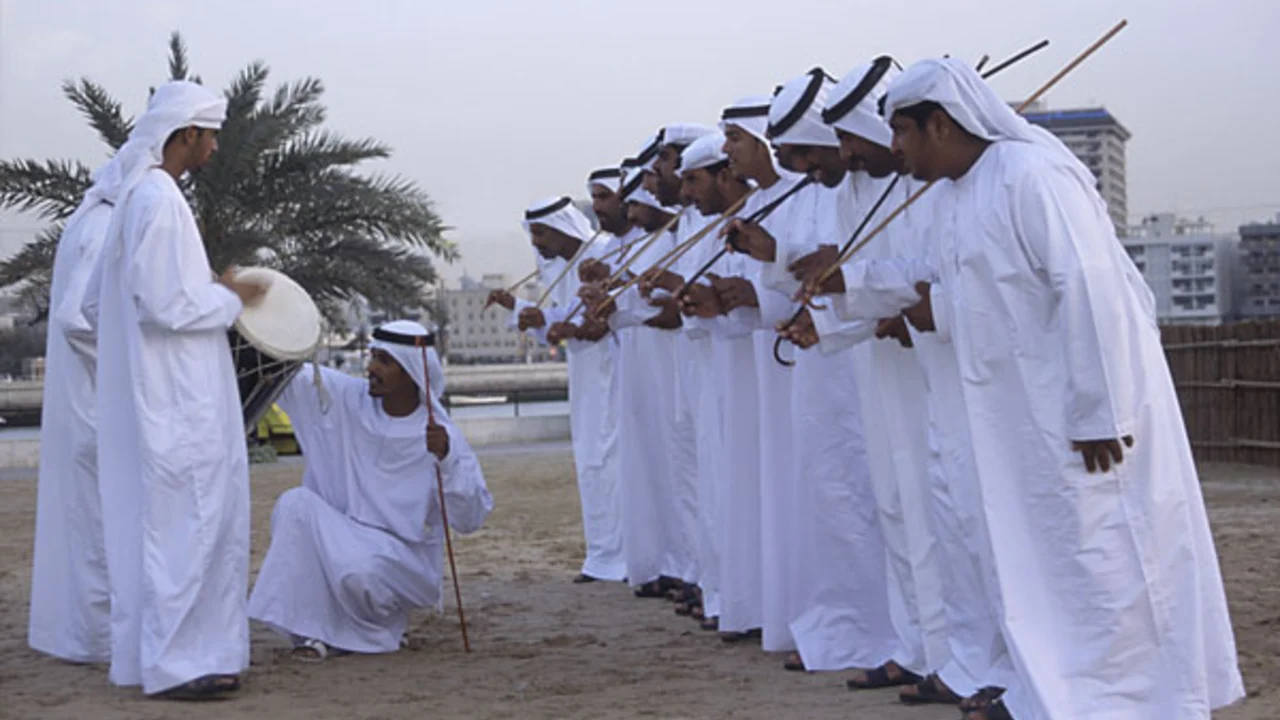23 Jul
2023
The Influence of Traditional Cultural Practices on Sex in Dubai

Understanding the Cultural Atmosphere of Dubai
Dubai, a city-state in the United Arab Emirates (UAE), is known for its incredible modernity, breathtaking architecture, and luxury shopping. However, beneath this layer of ultra-modern urbanism lies a deeply rooted traditional culture that influences every aspect of life, including sex. As a blogger, I've had the chance to observe and understand these cultural influences and how they shape the sexual behaviors and attitudes in this fascinating city. It's worth noting that despite the liberal image displayed to tourists and expats, Dubai remains a city defined by Islamic traditions and Arab customs.
Sex and the Influence of Religion
Islam, the predominant religion in Dubai, plays a significant role in shaping attitudes towards sex. The religion emphasizes modesty, privacy, and morality. Sex is considered a sacred act within the confines of marriage, and premarital sex is strictly forbidden. This view is reinforced by the law, which penalizes sexual relations outside marriage. In some cases, people found guilty of such acts can face severe punishments, including imprisonment or deportation, particularly if they are expatriates.
The Impact of Traditional Gender Roles
Traditional gender roles also influence the sexual behaviors and attitudes of individuals in Dubai. Men are generally expected to be providers and protectors, while women are expected to maintain the household and care for the children. These roles tend to limit open discussions about sex, often making it a taboo subject. Moreover, they contribute to a culture where women's sexual freedoms are often suppressed, and their sexual health ignored.
Sex Education and its Limitations
In Dubai, sex education is limited and is often surrounded by controversy. It is hardly discussed in schools, and parents usually avoid discussing it with their children. The lack of sex education often results in misinformation and ignorance about sexual health and safe sex practices. This, in turn, contributes to a high rate of unwanted pregnancies and sexually transmitted diseases among the youth.
Marriage and Sexuality
Marriage in Dubai is not just a union of two people, but also a social and economic contract. It is within this institution that sex is considered acceptable and moral. However, the traditional practices surrounding marriage often restrict sexual freedom. For instance, arranged marriages are still common, and in some cases, couples may not have the chance to explore their sexual compatibility before marriage. This can lead to sexual dissatisfaction and marital problems.
The Influence of Modernity and Globalization
Despite the traditional cultural practices, Dubai is experiencing a gradual shift in sexual attitudes, influenced by modernity and globalization. The city's exposure to Western culture through media, tourism, and the large expatriate community is challenging the traditional norms and sparking discussions about sexuality. However, this change is slow and often met with resistance from conservative sections of society.
Changing Attitudes towards LGBTQ+ Community
One area where the influence of modernity is evident is in attitudes towards the LGBTQ+ community. While homosexuality is still illegal and highly stigmatized in Dubai, there is a growing acceptance and tolerance among the younger generation and expatriate community. However, LGBTQ+ individuals still face significant challenges in expressing their sexual identity openly.
Conclusion: The Intersection of Tradition and Modernity
In conclusion, Dubai presents a unique case study of the intersection of tradition and modernity. While traditional cultural practices heavily influence attitudes towards sex, the influence of modernity and globalization is slowly changing these views. However, the journey towards a more open and tolerant society is a long one, and it requires continuous dialogue and education. It is my hope that through open discussions like this one, we can promote a culture of understanding, respect, and acceptance.
Write a comment ( All fields are required )